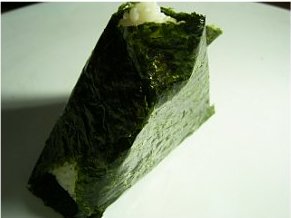What would experimental philosophy be? I mean, beyond the practice of science in general, to the extent that science is, still, what used to be called natural philosophy? I mean, could you practice experimental ontology, for example? How would that work? Could I work this into my ongoing career as an itinerant epistemologist?
I ran across the idea in a novel I finished reading over the weekend. Kiln People, by David Brin. Sci-fi, entertaining, humorous, essentially founded on a single improbable conceit: what if technology that allowed people to make innumerable temporary but fully functional copies of themselves were widely available and cheap? Well, anyway, one idea Brin skims across in the novel is that of religion and/or philosophy as experimental sciences. I was intrigued.
I also started reading another novel over the weekend – Henry James’ The Wings of the Dove. Rather in a different vein than hacky sci-fi, but also entertaining, in its way. I used to be in that category of people who would roll his eyes and groan at the thought of tackling a James novel, but something in the Turn of the Screw, which I read for a semiotics class in 94, converted me. With Melville, he’s the cream of 19th century American Literature. Hard to explain. I’ll see if I can add more as I work further into the novel.
So you might gather, I spent the weekend reading. I was feeling profoundly antisocial and unmotivated, and my computer was ill with a linux mess I created for myself which left me without my standard resort of dinking around online. The computer’s healthy again, and work focal.
I stopped and bought some 삼각김밥 (samgaggimbab, which I roughly translate as “three-cornered-rice-wrap-thingy”), which are rice and some kind of savory additions molded into a triangular shape and wrapped in a sheet of seaweed stuff, a la Japanese California rolls and such-like. They’ve grown on me recently, very convenient Korean fast food, I guess. Here’s a picture I found of the stuff online by googling the term:

![]()
